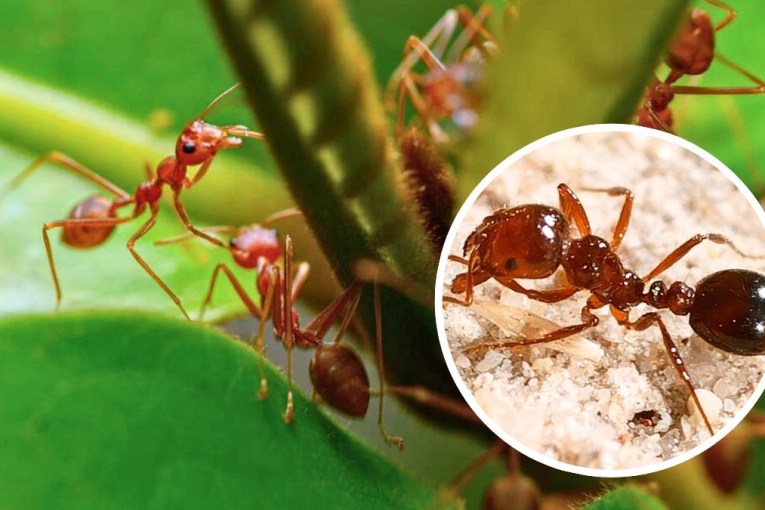How to stop seagulls from stealing chips: Use your eyeballs, study finds


Seagulls are less likely to rush in and grab your lunch if you maintain eye contact with them. Photo: Getty
Staring at seagulls makes them less likely to steal your chips – or at least slows them down – new research suggests.
However the technique, which dogs often deploy when sensing a threat to their food bowl, may not work so well when dealing with some bad-egg gulls who are probably giving the rest of the flock a bad name.
In what is probably the cheapest research project ever, a postgraduate student from the University of Exeter put a 250-gram bag of fried potato chips on the wet landing above a beach and measured how long it took herring gulls to approach when a person was watching them, compared to when the person looked away.
On average, gulls took 21 seconds longer to approach the food with a human staring at them.
The researchers attempted to test 74 gulls, but most flew away or would not approach – only 27 approached the food, and 19 completed both the “looking at” and “looking away” tests.
The findings focus on these 19 gulls.
“Gulls are often seen as aggressive and willing to take food from humans, so it was interesting to find that most wouldn’t even come near during our tests,” said lead author Madeleine Goumas, of the Centre for Ecology and Conservation at Exeter’s Penryn Campus in Cornwall.
“Of those that did approach, most took longer when they were being watched. Some wouldn’t even touch the food at all, although others didn’t seem to notice that a human was staring at them.
“We didn’t examine why individual gulls were so different – it might be because of differences in personality and some might have had positive experiences of being fed by humans in the past – but it seems that a couple of very bold gulls might ruin the reputation of the rest.”
Senior author Dr Neeltje Boogert added: “Gulls learn really quickly, so if they manage to get food from humans once, they might look for more.
“We therefore advise people to look around themselves and watch out for gulls approaching, as they often appear to take food from behind, catching people by surprise.
“It seems that just watching the gulls will reduce the chance of them snatching your food.”
The UK’s herring gulls are in decline, though numbers in urban areas are rising.
Gulls in these areas are often considered a nuisance because of behaviours like food-snatching, which can sometimes lead to a violent human response.
In March, a Bristol man was taken to court and fined and put on a curfew for killing a herring gull that had stolen his chips.
The researchers say their study shows that any attempt to manage this issue by treating all gulls as being alike could be futile, as most gulls are wary of approaching people.
Instead, people might be able to reduce food-snatching by the few bold individuals by modifying their own behaviour.
The natural diet of herring gulls is fish and invertebrates, and the researchers will next investigate how eating human foods affects the gulls and their chicks in the long term.
In Australia, we largely deal with notoriously aggressive silver gulls that have developed serious cholesterol problems from their fish and chip addiction.
A separate study would be required to see if eye contact serves as a defence against food-stealing – or would they just be emboldened by making eye contact?
If we can get enough reader stories (in comments), maybe a trend will emerge.








